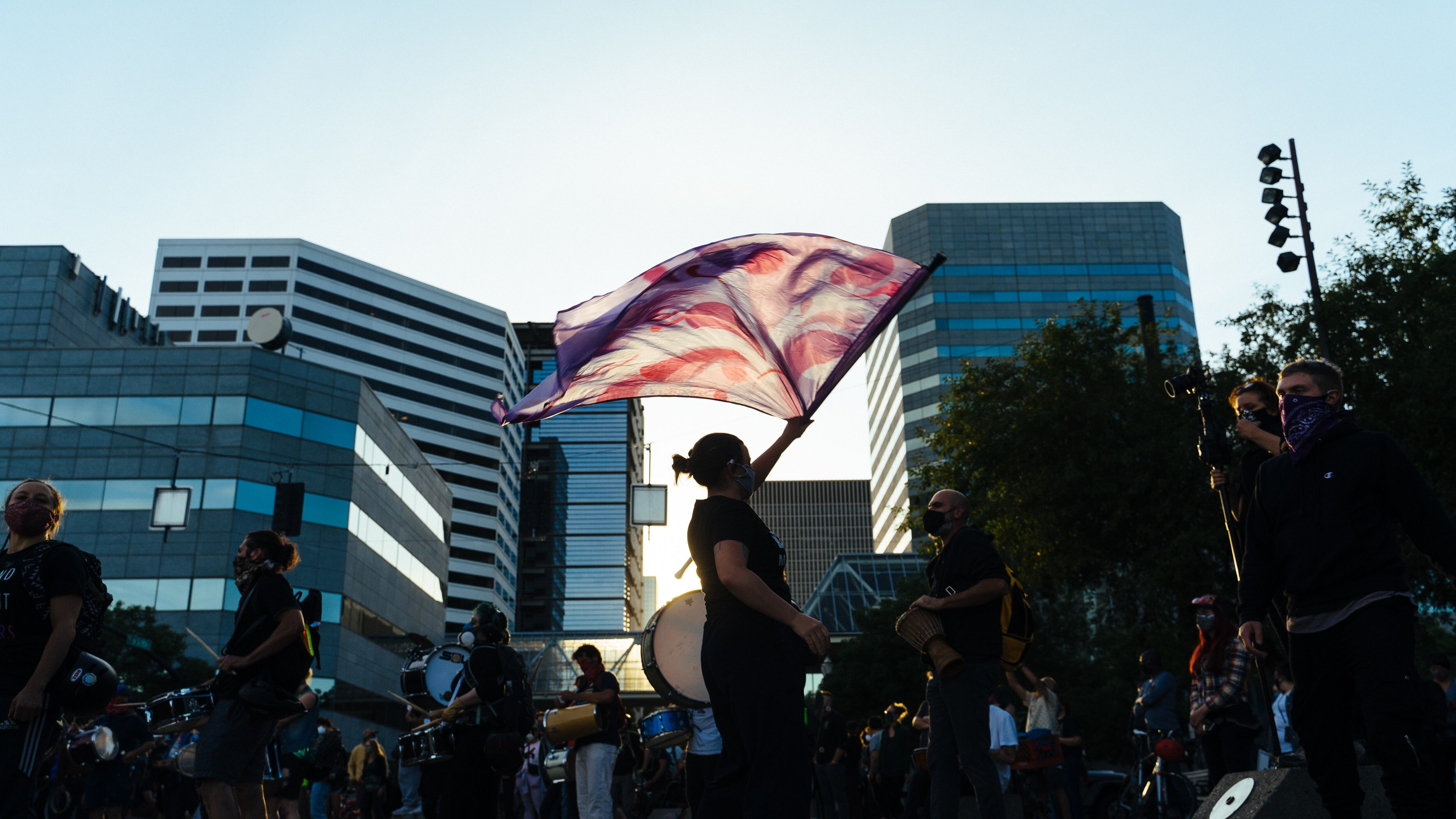The Oregon Supreme Court ruled today that all prisoners convicted by nonunanimous juries must have their cases reconsidered, following in the footsteps of a 2020 U.S. Supreme Court ruling, Ramos v. Louisiana, declaring the practice unconstitutional.
The fate of hundreds of state prisoners now rests in the hands of local prosecutors, who will need to decide whether to retry them. Many of the cases are decades old and were resolved prior to Ramos—and have remained in limbo since. The U.S. Supreme Court left it up to states to decide whether its ruling applied retroactively.
Soon after the federal decision, the Oregon Supreme Court began reviewing verdicts reached without unanimous consensus, starting with a batch of 74 cases dating back to 2015. At the time, WW examined three of those cases.
Many more people sought a review. Approximately 300 prisoners have filed for post-conviction relief in the wake of Ramos, a majority in Multnomah County, said Aliza Kaplan, director of the Criminal Justice Reform Clinic at Lewis & Clark Law School.
Kaplan hailed the decision. “This is a really amazing day for justice in Oregon,” she said.
A spokeswoman for the Multnomah County District Attorney’s Office, Elisabeth Shepard, said it was still reviewing the decision. “While we appreciate and support the need to uphold the rights of criminal defendants to a unanimous jury, it is also impossible to overlook the significant impact this will have on the very limited resources of the criminal justice system and on the many victims throughout Oregon who are about to have their cases unexpectedly reopened,” she said in a statement.
“It has been a long and winding road to get here,” said Oregon Attorney General Ellen Rosenblum in a statement. In the past, Rosenblum has fought attempts to invalidate prior nonunanimous convictions. Today, however, she praised the court for “undoing a rule that should never have been enacted in the first place—now nearly 90 years ago.” (Disclosure: Rosenblum is married to the co-owner of WW’s parent company.)
Oregon and Louisiana were the only two states to allow defendants to be convicted with a dissenting juror. Oregon instituted the practice in 1934 after a holdout juror stopped a Jewish man’s conviction for murder.
Senior Justice Richard Baldwin explicitly denounced the practice as racist in a concurring opinion.
“As citizens of Oregon from all backgrounds—particularly based on our history of racial exclusion—we must understand that the passage of our nonunanimous jury verdict law has not only caused great harm to people of color: That unchecked bigotry also undermined the fundamental Sixth Amendment rights of all Oregonians for nearly a century,” Baldwin wrote.
One of the three cases considered by the court was Jacob Keith Watkins’. The Corvallis man was sentenced to 12 years in prison for sex crimes with a minor in 2011. He was convicted by 10 jurors—with two unconvinced holdouts.
Correction: A quote in the concurring opinion by Senior Justice Richard Baldwin was incorrectly attributed to Justice Thomas Balmer.

